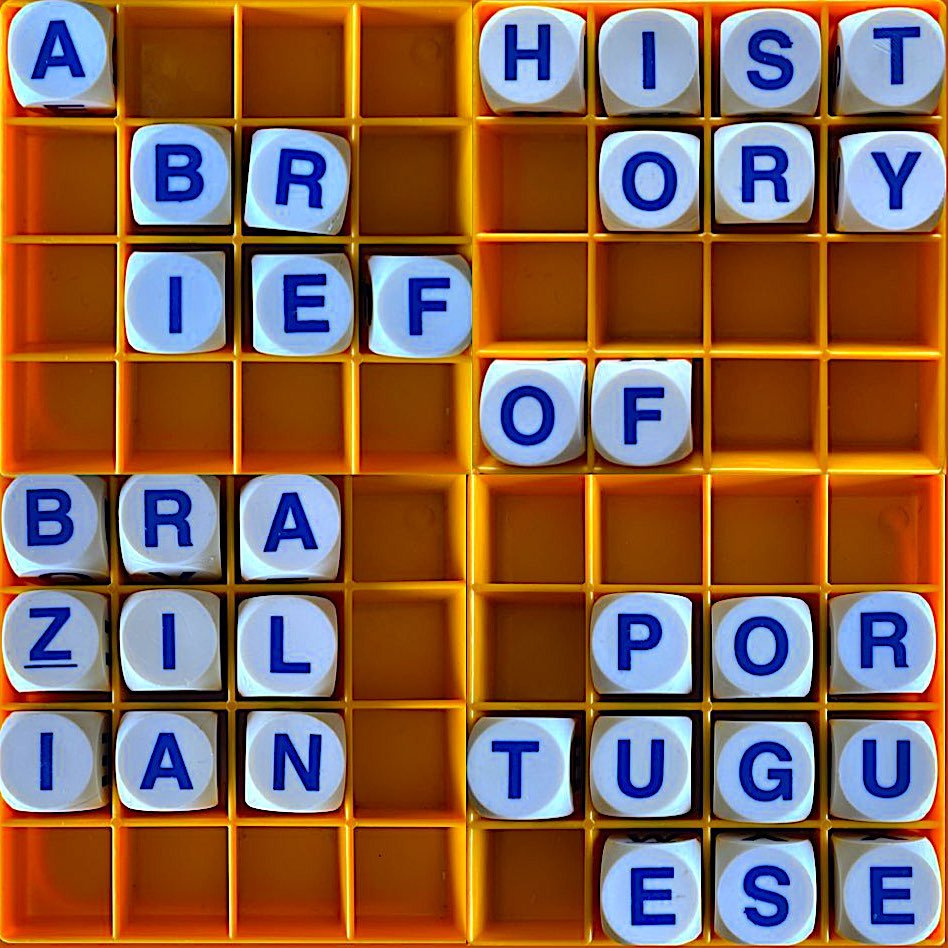Since 2019, Marwan Kaabour has been collecting Arabic slang words used by and about queer people, first for the online community Takweer, and now the newly published Queer Arab Glossary. "When researching for this book, I discovered so much of the sociopolitical, cultural, linguistic, and historical layers that make up the words," he says. He also discovered quite a lot about frying, white beans and worms (metaphorical ones).
Read moreAllusionist 183. Timucua
When Spanish missionaries arrived in what is now called Florida, there were 100,000-200,000 Timucua people in the region. Just two centuries later, there were fewer than 100. Soon, with all the people who spoke it dead, the Timucua language died out, too, preserved only in a few Spanish-Timucua religious texts.
In the 21st century, linguistic anthropologist Aaron Broadwell and historian Alejandra Dubcovsky have been decoding and translating these texts to understand the Timucua language and the people who were writing it down.
Read moreAllusionist 172. A Brief History of Brazilian Portuguese
"The myths, or the received wisdom, about Portuguese language in Brazil is that, of course we know we speak a very different version of the language, but this has always been explained to us as maybe perhaps a defect of sorts?" says linguist and translator Caetano Galindo, author of Latim em Pó, a history of Brazilian Portuguese. "You look deeper into things and you find you have to wrap your mind around a very different reality.”
Read moreAllusionist 166. Fiona part 2
“I don't think that anyone should come away from this conversation not wanting to use the name Fiona. I think this is a beautiful and rich history. It might not be quite the history that you imagined, but I think it's a beautiful history," says writer and performer Harry Josie Giles. She and PhD researcher Moll Heaton-Callaway investigate this complicated name with fascinating history, in this second of a pair of episodes about the name Fiona.
Read moreAllusionist 164. Emergency
When is a war not a war? When the British Empire called it an 'emergency' so they didn't have to abide by wartime rules or lose their insurance payouts. Artist and journalist Sim Chi Yin reflects on the Malayan Emergency, a 12-year conflict that doesn't get talked about much now by either side; and historian Charlotte Lydia Riley considers the various reasons why the British opted for the term 'emergency', and why they don't celebrate even when they supposedly won them.
Read moreAllusionist 140. Num8er5
We use verbal numbers and we use numerals - why do we need both? Why do we have the ones we have? What happened to Roman numerals? And what's loserish about the fiftieth Super Bowl?
Stephen Chrisomalis, professor of anthropology and linguistics and author of the book Reckonings: Numerals, Cognition and History, returns to the Allusionist to explain our current numbers, and why we shouldn't get too arrogant about them.
Read moreAllusionist 126. Survival: Custodians of the Languages
In Australia, there were hundreds, perhaps thousands, of languages. Until English arrived.
Read moreAllusionist 118. Survival: Bequest
When the Europeans arrived in Aotearoa New Zealand, as well as guns, stoats and Christianity, they brought ideas of cisgender monogamous heterosexuality that were imposed upon the Māori people as if there had never been anything else. But one word, takatāpui, proved otherwise.
Read more







